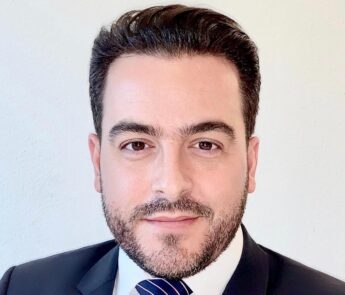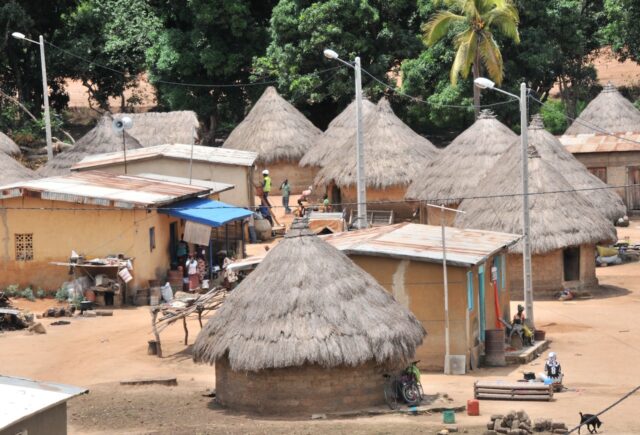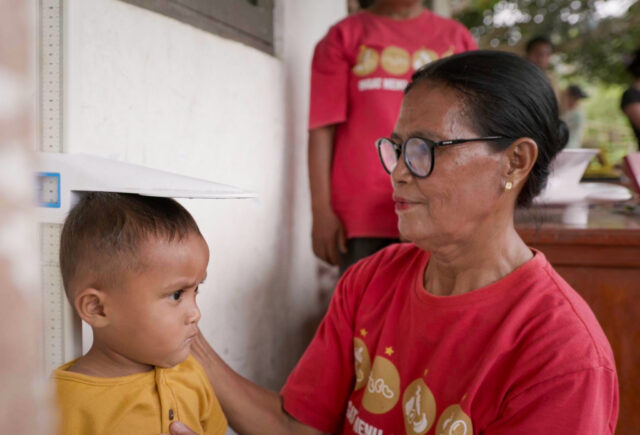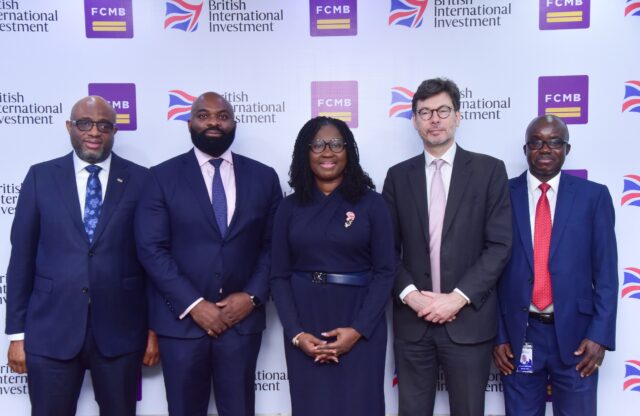Kostis Tselenis, chair of the Hellenic Impact Investing Network, speaks to Impact Investor about the organisation’s plans to expand the nascent impact investing market in Greece.

When Kostis Tselenis looked at Greece’s impact investment landscape in 2019, he saw three key issues. There was almost no impact deal flow, a gap in impact knowledge amongst investors, and no Greek representation at international impact forums. His solution was to found the Hellenic Impact Investing Network (HIIN) – which he now chairs – with a mission to bring impact investing to what he describes as “Europe’s periphery”, with Greece leading the charge.
Tselenis, who is also managing partner of the Swiss Impact Office, a Zurich-based investment boutique and multi-family office, did not start completely from zero. While areas that might be defined as ‘typical’ impact investments are underdeveloped, Greece has a strong investment background in renewable energy infrastructure, which it has been steadily building since around 2010, he explains.
“There are also many NGOs and start-ups, and a lot of innovation capacity, so there is a strong base but it’s just not had an opportunity to formalise,” he says.

The HIIN’s first market sizing report, published in July, revealed a nascent but growing market, where direct, unlisted investments into impact from the domestic market almost doubled in two years, growing from €1bn in 2022 to €1.8bn in 2024.
“Our goal is firstly, to educate the local ecosystem -the investors, academia and start-ups, and secondly, to mobilise both local and international capital,” says Tselenis, who adds that the current government, led by the liberal-conservative New Democracy party under prime minister Kyriakos Mitsotakis, has been successful in mobilising foreign capital into Greece.
“It’s time to rethink what kind of capital we want. At the HIIN we have a tremendous opportunity to leverage the momentum for investment into Greece and direct it toward impact,” he says.
Three verticals
The HIIN, which is registered as an NGO with four full time employees, a 14-person strong advisory board representing private sector investors, institutional investors, state funds, as well as numerous external advisers, has a roadmap consisting of three verticals. One is dedicated to education, another to impact readiness and a third to enabling impact.
In addition to the market sizing report, one of the key aims of the education vertical is to work closely with academia. The HIIN was working on developing an impact investment course with two local universities before it was stalled at the outbreak of the COVID-19 pandemic, and Tselenis hopes to restart it in 2026.
“There were already some educational initiatives on the sustainability side in Greece, which we wanted to enrich with a focus on impact investing but we were also considering a dedicated degree course in impact investing,” he says, explaining that the aim was for aspiring entrepreneurs leaving university to launch an environmentally or socially-linked scalable solution, rather than just “another taxi application”.
“It’s time to rethink what kind of capital we want.”
Under the investment readiness vertical, Tselenis says the HIIN is in the process of launching an impact accelerator programme to help scale mission-driven start-ups. The organisation is also looking to develop a microfinance initiative in partnership with commercial banks to improve access to seed and working capital for Greece’s micro, small and medium-sized enterprises.
“There is a microfinance fund in Greece that we’re very close to but we think this could be much bigger,” he says, referring to the Action Finance Initiative (AFI), which helps unemployed people into self-employment and provides microloans to existing businesses to help them scale.
Legal framework
In terms of enabling impact, Tselenis and his colleagues are busy designing a dedicated legal and financial framework for impact investing, which includes a national impact law as well as a standardised reporting framework.
“We need a dedicated law that defines impact, how it should be done, and has support schemes underneath it that connect to other laws and initiatives related to the circular economy or the regulation of renewable energy for example. The idea is to connect the dots to the different governmental and EU initiatives, laws and financial incentives that already exist,” says Tselenis, adding that when you formalise something under law, then the whole ecosystem moves in that direction.
“That’s how you build a market,” he says.
The HIIN is also working on a reporting framework that will build on existing international frameworks but adapt them to the local context.
Focus on investment
Tselenis says in recent months the balance of the HIIN’s focus has been tipped in favour of investment.
“Awareness and education is fantastic and much needed but the real asset of the people behind the HIIN is their impact investing expertise.”
He explains that the HIIN is working on building thematic impact investment strategies in partnership with third party investment advisors and launching, in parallel, a dedicated family office and next generation impact investing programme to educate and train investors on the strategies most suited to their needs.
The programme is being launched at the third Hellenic Impact Investing Conference, organised by the HIIN in Athens in October in partnership with Impact Europe and GSG Impact, among others, with the Prince Albert II of Monaco Foundation as special guests. The theme of the conference is ‘scaling impact’ and Tselenis hopes that it will attract international investors, philanthropists, family offices, and entrepreneurs in the field of sustainable development and impact investing.
“Awareness and education is fantastic and much needed but the real asset of the people behind the HIIN is their impact investing expertise.”
In July, the HIIN also launched the Greek Impact Funds Investment Readiness programme, aimed at helping first-time impact fund managers with governance, branding and access to international finance.
Outlook for Greece
Looking ahead, Tselenis says that he sees impact investing accelerating across several key areas in Greece. The first and most obvious – given the country’s existing investments in renewable energy infrastructure – is the energy transition.
“I also believe that sustainable food and agriculture will grow in significance, as will nature-based solutions, particularly in the area of reforestation, and the blue economy. Greece has among the longest coastlines in Europe and I expect themes such as regenerative tourism or the decarbonisation of the islands emerging as strong areas of impact investment,” he adds.
Tselenis wants the HIIN’s role to extend beyond Greece’s borders in the future to become a one-stop-shop for international investors looking to invest into the country “in general” he says. This includes the five million-strong Greek diaspora, which is comprised of many wealthy families, most notably in shipping.
He says the personal networks of his colleagues at the HIIN, as well as his own, will be important to achieving this ambition, as will the HIIN’s partnership with GSG Impact, which it joined in 2023. But he also believes that there is room for improvement.
“Being part of the GSG Impact family was an important step forward but the number one issue for us, which is shared by other national partners, is the lack of resources. We all do a lot of pro bono work and I think we need to become better as a network at increasing our visibility internationally and at raising financing on a global scale,” he adds.






